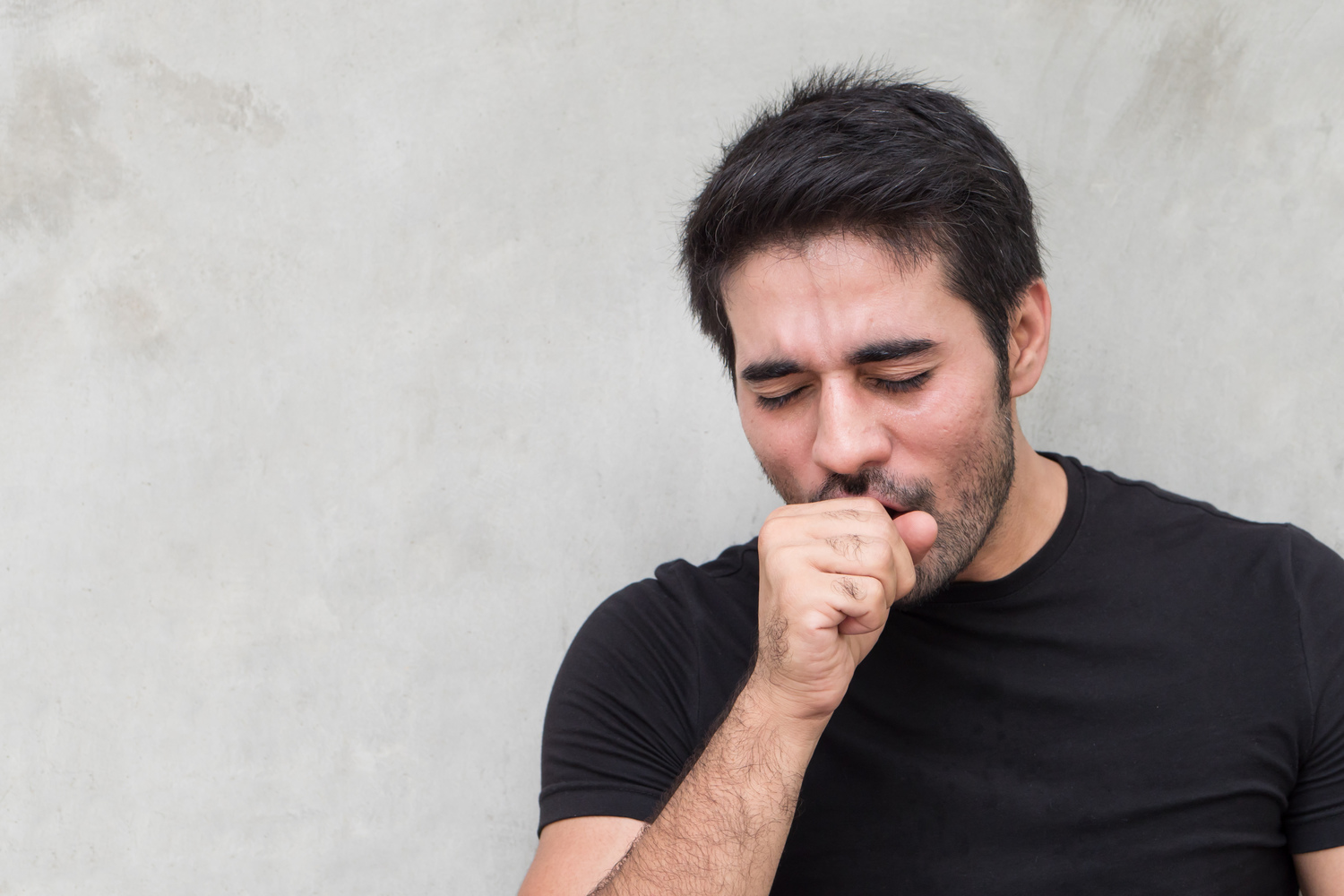
Symptoms of Lung Cancer
Cells in a normal body are created every day. This means that older cells die off to make way for the new ones. When a malfunction in this process occurs the body will begin to have problems. Lung cancer is one of those problems. This occurs when cells do not die and extra abnormal cells begin to build up in the lungs. The abnormal extra cells form a gang and become what is known as a tumor. Small cell lung cancer and non-small cell lung cancer are the two types of this cancer.
Smoking appears to be the biggest cause of both types of cancer but is not always the case. Radiation, genetics, and even being exposed to asbestos are just a few of the other causes. Below is a list of lung cancer warning signs:
1. A chronic cough that gets worse
One of the first signs of lung cancer is a persistent, chronic cough that gets worse over time. This cough is the body’s natural response to the tumor irritating the lungs. It can also be caused by the fluid that builds up in the chest which is caused by cancer.
2. Coughing up blood
As the cough gets worse and the cancer progresses it causes other issues such as coughing up blood. The blood is usually found in mucus that the patient will cough up.
3. Chest Pain
Chronic chest pain is one of the more prevalent symptoms of lung cancer. This pain may be caused by the tumor being present in the lungs, but can also be caused by the chronic cough. Pain may also occur as the tumor presses on a nerve in the chest, or it can cause the chest to feel tight. Laughing and coughing can make the pain feel worse.
4. Hoarseness
Infections that cause hoarseness are just one of the problems associated with lung cancer. People who have lung cancer often develop an infection in their voice box after undergoing chemotherapy treatment. It can also occur as the tumor presses on or weakens the laryngeal nerve, which is the main nerve that runs through the entire body.
5. Loss of appetite
Many people that suffer from lung cancer experience a loss of appetite and weight loss. Sometimes this is caused by the chemotherapy used to help treat the disease. but in many cases it is caused by other symptoms. Water that builds up in the body can cause a disruption of the appetite. Psychological distress and blockages that may form in the gastrointestinal tract are other contributing factors that cause it as well.
6. Shortness of breath
Shortness of breath is one of the common symptoms associated with lung cancer and becomes more prevalent as the disease progresses. It may be caused by water in the lungs, the treatment of the cancer, or by psychological distress associated with the disease.
7. Fatigue
Lung cancer cells can cause anemia in patients. Anemia is a low blood cell count that creates fatigue as it keeps the tissues in the body from obtaining enough oxygen to keep it going throughout the day. The abnormal cancer cells literally suck the life out of a person as they devour all of the nutrients from the body as they can.


